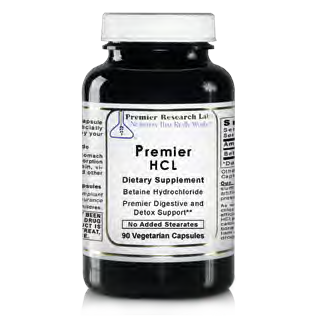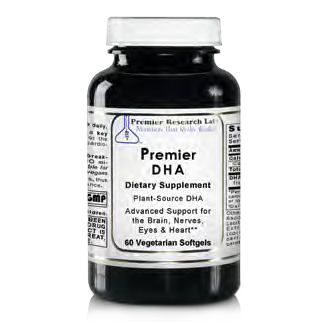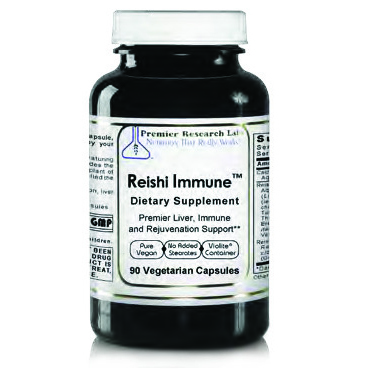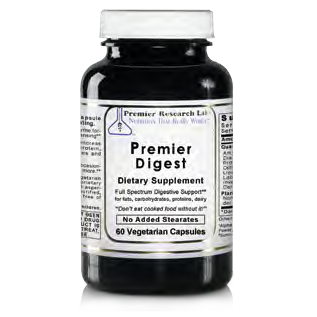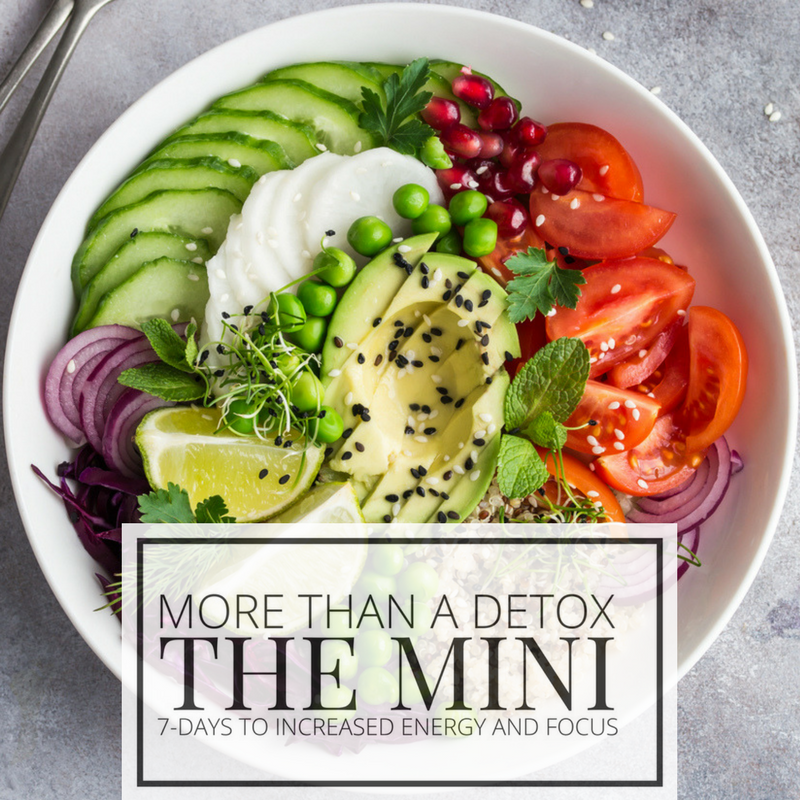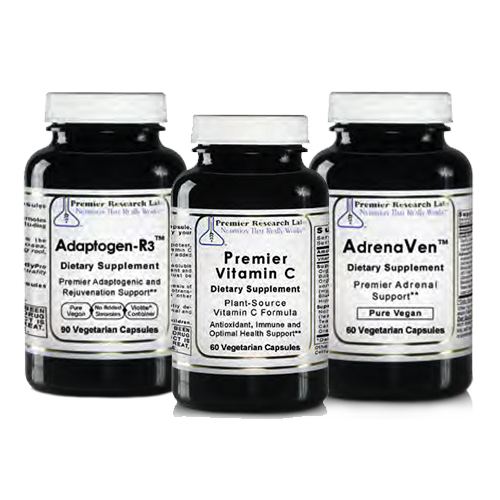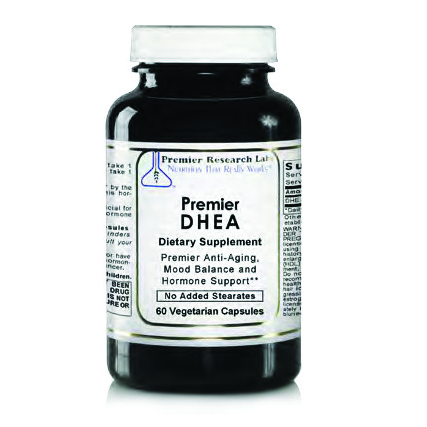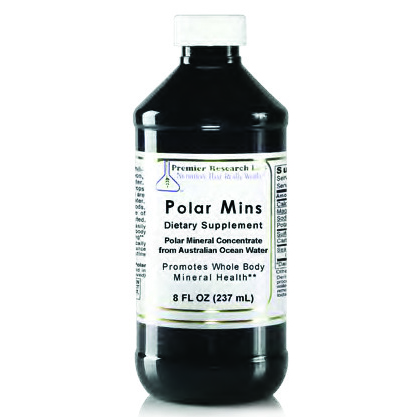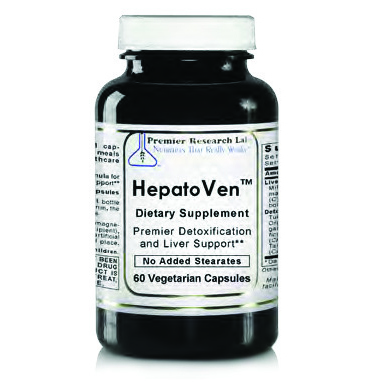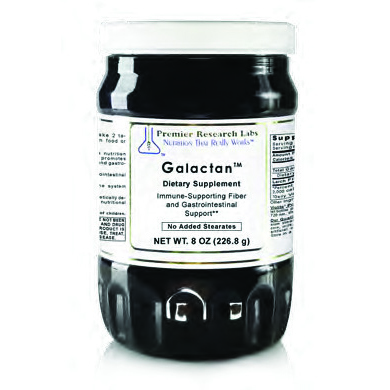Description
HCL, Premier (90 Caps)
Necessary for adequate absorption of protein, calcium, vitamin B12 and iron
Natural plant-source hydrochloric acid
Does not contain Pepsin (Pepsin is derived from an animal’s intestines and may contain contaminants)
100% pure vegetable capsules – No toxic tablets or gelatin capsules with undesirable binders and fillers
Optimum Digestion
This formula is 100% pine bark derived betaine hydrochloric acid (not synthetic), created to assist the body’s natural stomach acids in the digestion and absorption of nutrients, especially protein, vitamin B12, calcium, iron and other minerals.* As we age, we typically produce less hydrochloric acid (HCL) which reduces our ability to efficiently absorb nutrients from food. Reduced HCL production affects the amount of protein and calcium we can absorb and can interfere with bone metabolism. Incomplete protein metabolism can imbalance intestinal flora. Betaine hydrochloric acid helps ensure proper absorption of nutrients.
Do You Have Low Hydrochloric Acid?
Betaine hydrochloride is also known as hydrochloric acid (HCL) or stomach acid. It helps digest food by breaking up fats and proteins. The low pH of the stomach’s hydrochloric acid also destroys ingested bacteria and other micro-organisms. Adequate levels of HCL are necessary for adequate absorption of protein, calcium, vitamin B12 and iron.
Healthy stomach acid is needed for a healthy digestive tract. If you have low stomach acid, even the best food cannot be properly digested. If you are unable to absorb nutrients properly, this can lead to terrible health problems. Healthy stomach acid helps kill disease-causing microbes and parasites routinely found in the food you eat. If you have low stomach acid, these infecting invaders may not be destroyed by your stomach’s acid bath. They can then cause many types of infections. Now you can see why low stomach acid (hypochlorhydria) is associated with so many common health problems. If these infections are not cleared, over time they can cause many symptoms, paving the way for full-blown disease.
Common Symptoms of Low Hydrochloric Acid:
- Bloating or belching, especially after eating
- Burning in the stomach, especially after eating
- Fullness or heaviness in the stomach after eating
- Nausea after eating or taking supplements
- Intestinal gas
- Indigestion
- Bad breath
- Food allergies
- Itching around the rectum
- Diarrhea or constipation
- Weak or cracked fingernails
- Dilated blood vessels in the cheeks or nose (nonalcoholics)
- Skin break-outs or acne
- Iron deficiency
- Chronic intestinal parasites
- Undigested food in the stool
- Chronic candida infection
- Dysbiosis (Overgrowth of unhealthy intestinal bacteria)
- Acid reflux relief
- Are You Confused?
Are you confused about pH? A healthy acid/alkaline balance of your body is the key to great health. When your body is functioning in top form, the digestive tract alternates back and forth between alkaline and acid pH. Digestion starts in the mouth (which works optimally at an alkaline pH). Moving downwards, digestion in the stomach requires an acid pH. Next, the small intestines need an alkaline pH. Finally the large intestine works best in a slightly acid pH.
If any segment fails to keep its proper pH, then the segment before or after it can begin to malfunction. For example, the stomach works best at a low acid pH. If the stomach can’t produce enough stomach acid, then it becomes too alkaline. This in turn, can cause the small intestines (which should be alkaline) to become too acid.
Low Stomach Acid
For many people, as they get older, the parietal cells in the stomach lining produce less and less hydrochloric acid. This is especially true of those who eat: 1) heavily cooked foods (which have no live enzymes) 2) difficult to digest foods such as red meat or fried foods, 3) chemicalized foods, such as those containing artificial preservatives and additives, 4) soft drinks, which contain high amounts of phosphorous, white sugar, and immune-stressing chemicals, and 5) barbecued foods, which cause high digestive stress.
People Over Age 60
Over 50% of the people over age 60 have low stomach acid. By age 85, 80% have low stomach acid. Healthy stomach acid is crucial to digest food properly in order to maintain good health. Hydrochloric acid is one of your body’s first line defenses against disease causing microbes. Weak stomach acid allows infecting organisms (that would normally be killed by the acid) to get past the stomach and set up infections in other areas. They can cause food poisoning and dysbiosis of the intestinal tract (abnormal growth of unhealthy intestinal microbes).
For people aged 60 to 80, over 20% have bacterial overgrowth in the intestines. Over age 80, the percentage increases to 40%. This abnormal bacteria overgrowth is also common in younger people. It is linked to low stomach acid as well as eating a nutrient-poor diet, using antibiotics or pain killers, drinking excess alcohol and other factors. Thus, healthy stomach acid is a critical part of maintaining healthy intestines.
Assimilating Minerals and Vitamins
Adequate hydrochloric acid is necessary to absorb vitamin B12. B12 deficiency can cause muscle weakness, fatigue and many nervous system problems. Healthy stomach acid is also required to absorb many materials, including iron, calcium, magnesium, zinc, copper and most B-complex vitamins. Those with poor stomach acid typically have low vitamin C levels.
Recommended Use: Adults or children (age 4 and up): Take 1-6 capsule 10 mins after each meal daily, especially cooked meals, use in conjunction with HCL Activator, Quantum 90Vcaps for better results. For special programs high quantities of Betaine HCL can be taken with food.
Supplement Facts:
BETAINE HCL
Serving Size: 1 Capsule
Servings Per Container: about 90
BETAINE HYDROCHLORIC ACID: 550 MG
OTHER INGREDIENTS: Vegetable Cellulose Capsule
*Disclaimer: The FDA has not evaluated any of these statements. Practice at your own risk and gain. Please seek immediate medical care for any urgent trauma. This product is not intended to diagnose, treat, cure or prevent any disease.

